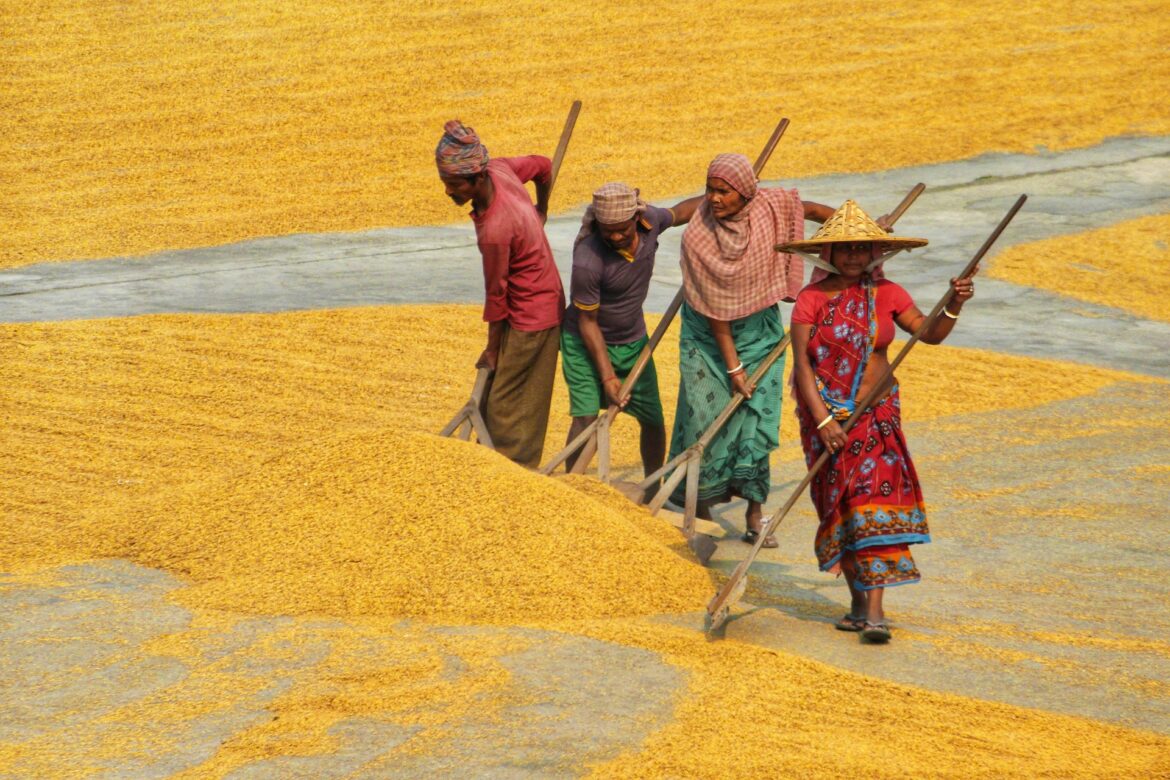The Planning Commission has urged authorities to launch a thorough investigation into the recent surge in rice prices across Bangladesh, expressing concern over its impact on household budgets and overall food security. Despite stable production levels and government efforts to keep supplies flowing, retail prices of the staple grain have climbed sharply in recent weeks, causing distress among low- and middle-income families. Officials highlighted the need to identify the underlying causes of this price hike, including potential market manipulation, hoarding by traders, rising transportation costs, and inefficiencies in the supply chain. Rice, being a dietary staple for the vast majority of Bangladeshis, directly affects the cost of living and inflation levels, making price stability a top priority for policymakers. Experts point out that while natural factors such as seasonal demand and minor disruptions in distribution play a role, the extent of the increase suggests other irregularities that need immediate attention. The Planning Commission has recommended strengthening monitoring mechanisms, enhancing data collection on stock levels, and conducting market inspections to ensure fair pricing practices. They also stressed the importance of revisiting import policies to supplement domestic supply if necessary, ensuring that price pressures do not worsen. Farmers and millers have expressed mixed reactions to the situation. While higher prices may seem beneficial for producers, many claim they are not receiving proportionate gains due to middlemen and uneven market structures. Consumers, on the other hand, are bearing the brunt of inflated retail prices despite adequate harvests reported in several regions. Economists warn that unchecked price hikes in rice could have ripple effects across the economy, increasing production costs for related industries and pushing up the prices of other essentials. This could slow down economic growth and disproportionately affect vulnerable populations, particularly in rural areas where food expenses make up a larger share of household budgets. To tackle the issue, the commission has proposed stricter enforcement of anti-hoarding regulations, better coordination among ministries, and the use of technology-driven solutions for real-time tracking of rice movement from fields to markets. Long-term recommendations include improving storage facilities, reducing dependency on middlemen, and promoting digital platforms that allow farmers to sell directly to consumers. The Planning Commission emphasized that ensuring rice affordability is not just an economic matter but also a question of social stability, urging swift and decisive action from relevant agencies. By addressing market distortions and enhancing transparency, the government hopes to stabilize rice prices and safeguard the food security of millions of Bangladeshis.
Planning Commission Calls for Investigation into Soaring Rice Prices
41


